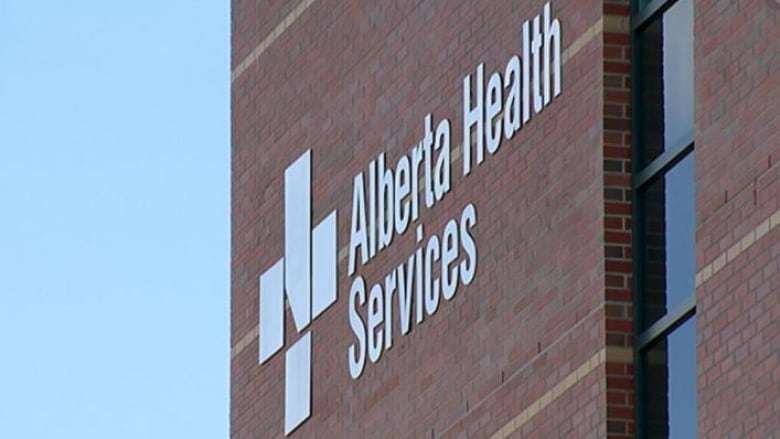2 Calgary lounges shut down over repeated COVID-19 infractions
Lounge Central and Mazaj Lounge had already been warned to make changes

Two restaurants in Calgary were recently ordered to close after provincial officials found recurring violations of the rules meant to curb the spread of COVID-19.
On Oct. 18, Mazaj Lounge & Restaurant at 9223 Macleod Trail was told to shut down.
Its owners had previously been issued a work order, dated Sept. 18, instructing them to rearrange tables to be two metres apart, enforce physical distancing and remove the dance floor.
An Alberta Health Services officer returned on Oct. 18 and ordered the business to close because patrons were again seen dancing and "staff and the owner were observed in close proximity to others without a mask properly covering their mouth and nose."
The owners were ordered to "remove any and all dance floor area(s) and/or provide a solution, for review, to the recurring problem of creating a 'night club' atmosphere."
Patron and staff members hugging
Lounge Central at 108 17th Ave.N.W. was first handed a work order on Oct.9 citing several contraventions of the Public Health Act in response to a public health emergency.
The location was formerly also aMazaj Lounge operation.
Among the infractions were patrons found to be sitting at the bar without barriers to separate them; a party of 15 seated less than two metres apart; and one patron was seen hugging staff members.
The owner was ordered to stop allowing people to sit at the bar or install barriers, to rearrange tables to allow for at least two metres between dining parties, and to enforce physical distancing amongst staff and customers.
A subsequent inspection on Oct. 17 resulted in a closure order because an AHSenvironmental public health executive officer saw patrons dancing next to their table, moving among the tables and not following the rules for physical distancing.
"The DJ leaned over a table of seated patrons in close proximity without properly wearing a mask over his mouth and nose," the order said.
The owner was ordered to provide a written plan "detailing the COVID-19 risk mitigation measures that will be in place and how they will be enforced during service, including but not limited topatron capacity, physical distancing and masking requirements."
"Changes to the business model of this food establishment may be needed to prevent a 'night club' atmosphere," the order said.
The owner was also again instructed to move the tables so that they're farther apart and to make sure physical distancing is strictly enforced by staff.
The owners of thebusinessesdid not respond to requests for comment by publication time on Friday.
AHS said in a statement that its officers try to work with businesses and educate them on how to operate safely.
'Immediate risk to public health'
"We always seek to work with operators prior to issuing orders; however, when businesses are unable to meet these requirements, we are left with no choice but to issue closure orders. Orders are issued when immediate risk to public health is identified," the statement said.
According to the AHS list of Calgary Zone health enforcement orders, since the start of the pandemic, when the province first instituted special operating requirements for restaurants and bars, AHS executive officers have issued22 work orders.
Under these orders,a business is allowed to remain open but must make modifications.
There have beenjustfour closure orders.
There have been 34,167 COVID-19 related complaints or service requests with 14,103 from Calgary Zone since the pandemic began.
However, those totals are not all related to businesses. They include complaints about individuals and non-business organizations as well, AHS said.












_(720p).jpg)


 OFFICIAL HD MUSIC VIDEO.jpg)
.jpg)



























































































